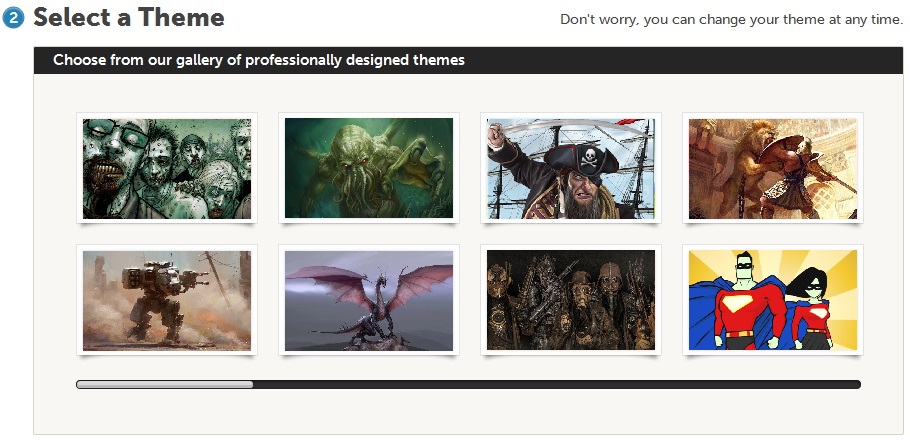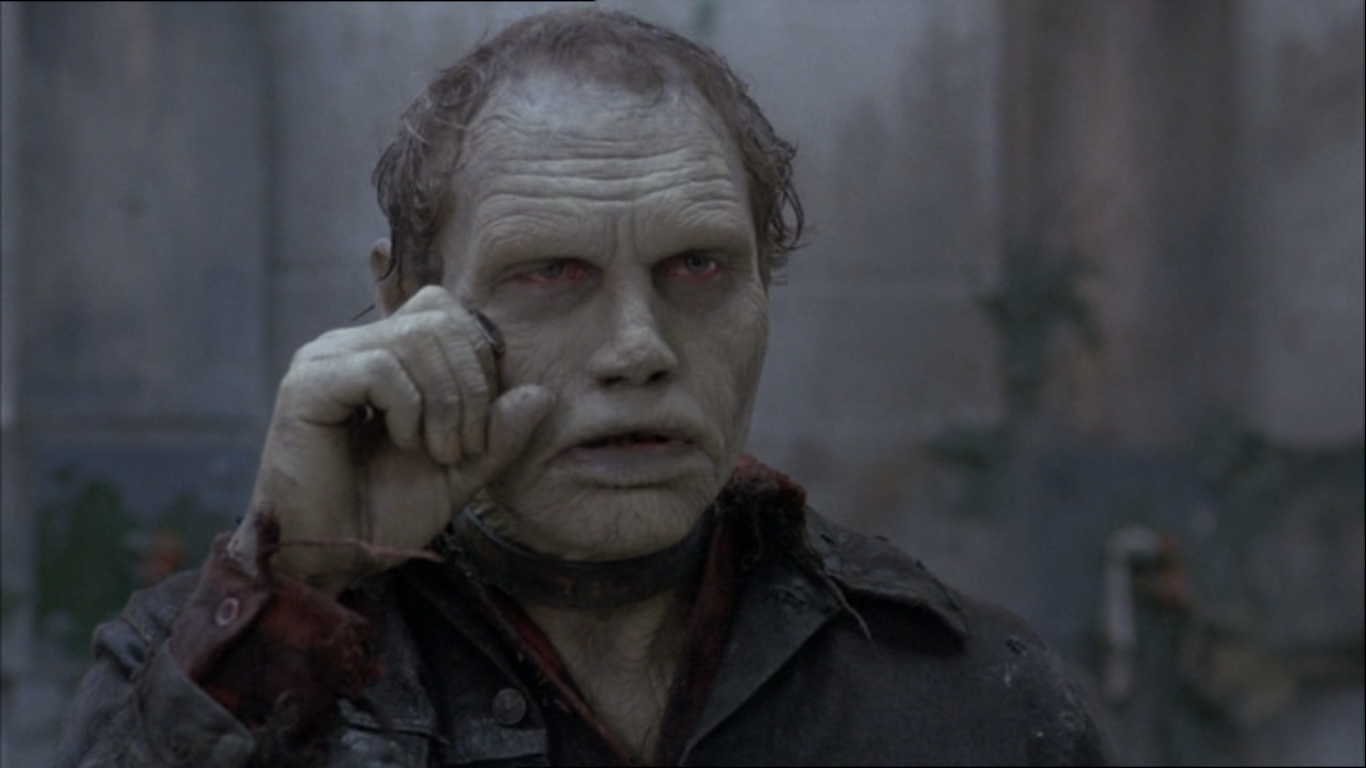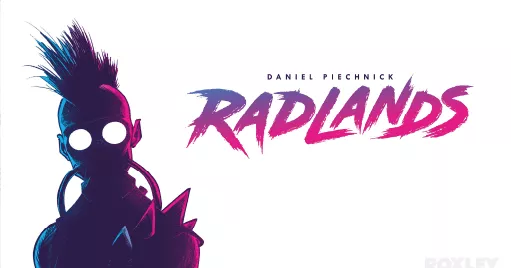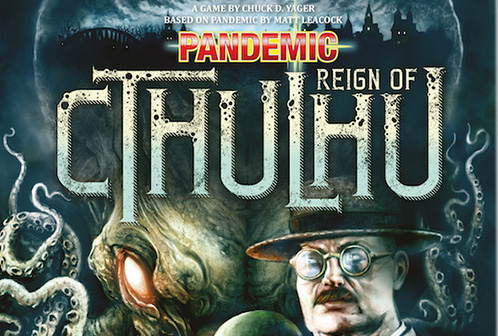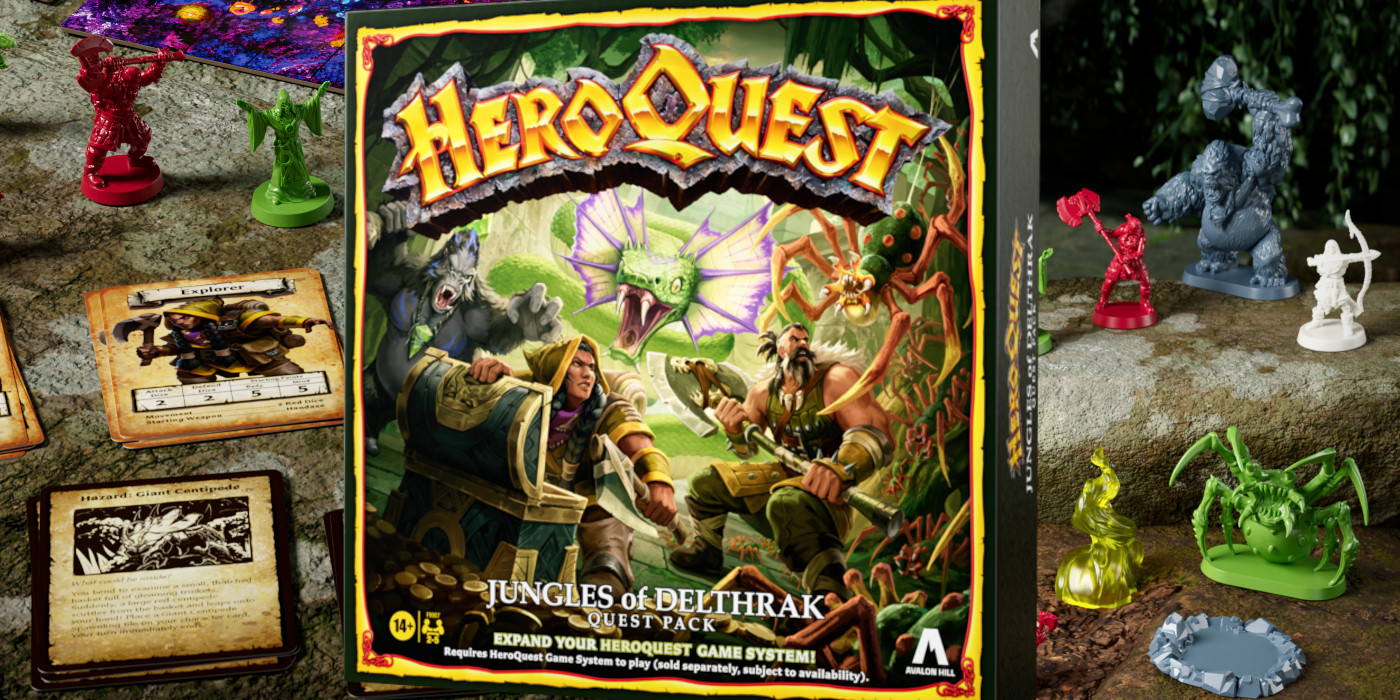Can Bad Themes Ruin a Great Board Game?
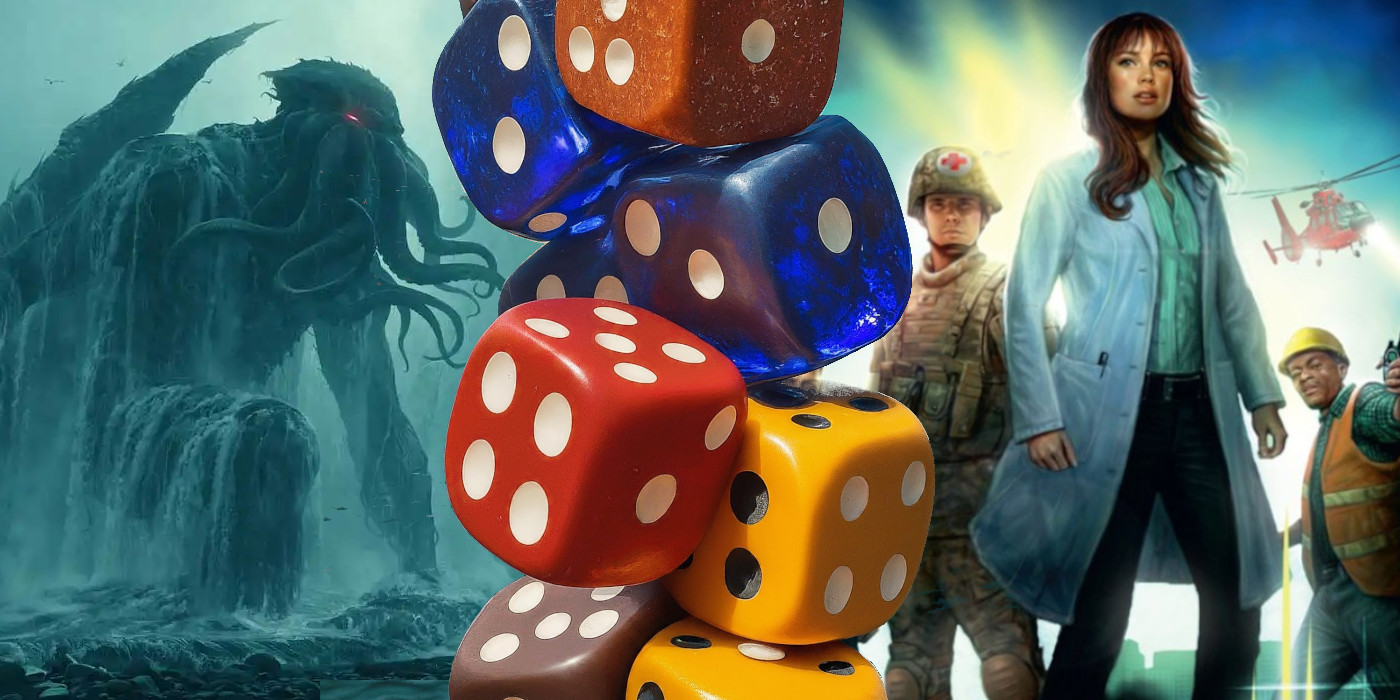

Not themes like ‘man vs nature’, or ‘coming of age’. Board game themes like, ‘Are we rolling dice to kill monsters, or to collect resources?’
There are thousands of board games out there today. But, when you really break it down, there are only so many different game play mechanics. You can roll dice, draw cards, collect tokens, move miniatures around, etc.
Since there are so many more games than there are mechanics, what separates them? What makes one game more exciting than any other? What get players really involved in the of the game and want to play more? The answer is… not one single thing, but for this article, we’re pretending it is. And that answer is theme.
Importance of Theme in Board Games
First, what is theme? Theme in board gaming is the compilation of several factors: tone, art style, narrative story, but mostly it’s the universe or setting in which the game takes place. If the gameplay mechanics are the CPU, RAM and video card, then theme is the RBG LED light strips on your PC case. For most players, theme is vital, whether they realize it or not.
Take zombies, for instance. Plenty of people are totally over zombies. No matter how clean the mechanics or great the gameplay, they don’t want anything to do with the shambling masses of the undead who represent either ourselves as consumers, or our own inescapable mortality. And I get that.
Zombie games in particular tend to be fairly story based. The game tells a story that begins during set up and continues until the end of the game. If you’re sick and tired of hearing about zombies, you’re not going to care about the characters’ survival, even if you’re one of them.
Alternatively, a good theme can pull a new player towards a game they see on a store shelf. Even if the world or story isn’t readily obvious, the art style can still pull a lot of weight. For example, I love the 80’s synthwave aesthetic. So even though I had no idea what Radlands was when I saw it on the store shelf, you can bet I had to take a look.
Theme Makes Games Memorable
Even if you don’t care much about theme in board gaming, it’s still important. Let’s take Yahtzee for example. Yahtzee is a bad game. Sorry, haters. It’s random dice rolls and you have very little way to affect the outcome. But, more importantly, it’s meaningless. It doesn’t represent anything and there’s nothing at stake.
However, throw in a little Cthulhu and you got yourself Elder Sign and suddenly, you’re saving the world from otherworldly gods. Sprinkle in a dash of pestilence and you got yourself some Pandemic: The Cure. Now, you’re not just rolling dice for nothing. The fate of humanity is at stake!
The theme in different board games allows games that would be otherwise fairly similar to feel different. Granted, each of these games have plenty of other mechanics beyond just the dice being rolled, but the point stands: the dice are the game.
This applies even if the theme is just a small part of the game, rather than the main mechanic. Rock-Paper-Scissors is a stand-alone game which by itself, is terrible. However, with some proper theming and additional flair, it becomes a fantastic combat mechanic used in fan-favorite games such as Fury of Dracula.
What themes make or break a game for you? Do you consider theme when buying a new game?

